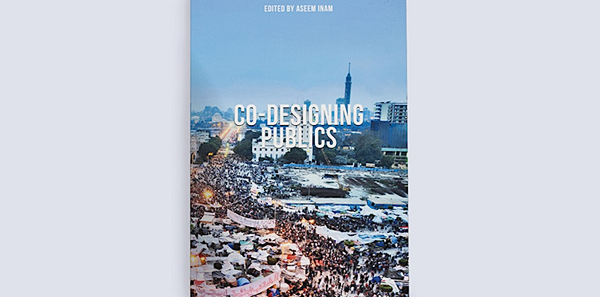
Globally, contemporary cities face seemingly insurmountable challenges such as urban inequality, inadequate infrastructure, climate crisis, and increasingly, threats to democracy. In the face of such challenges, Dr Azeem Inam introduces the concept of “co-designing publics” by examining what lies at the potent intersection of the public realm and informal urbanisms.
He defines the public realm as interconnected spatial and political networks of public spaces that weave a city together, while informal urbanisms are the transactional conditions of ambiguity that exist between what is acceptable and what is unacceptable in cities. At their intersection are publics, who never simply exist because they are always created. In fact, publics are co-designed [i.e. co-created in inventive and multifarious ways] around common concerns or desire through volitional inquiry and action.
Dr Inam contextualises these discussions by paying particular attention to the cities of the global south, because place matters in shaping urban thinking and practice. There is an increasing interest in thinking and practicing from cities of the global south rather than just about them. He then describes how these ideas are being further investigated through case studies in cites around the world and articulated through interactive events in the Co-Designing Publics International Research Network. He concludes with thoughts on the profound implications of co-designing publics for radical democracy and transformative urbanisms.